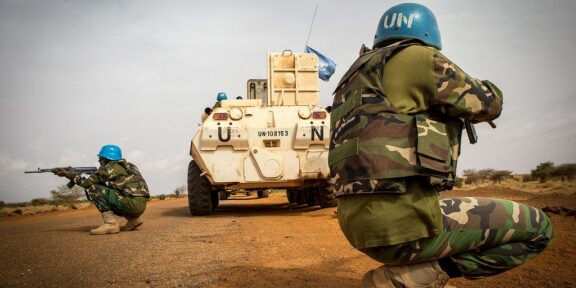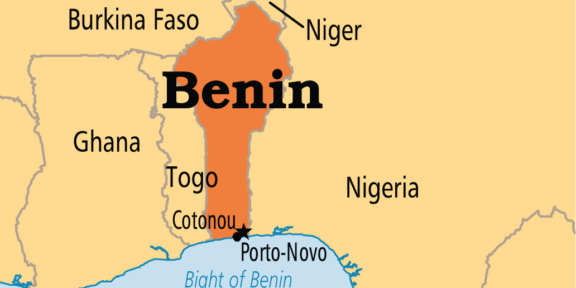Benin has once again been struck by a deadly attack. On Wednesday, January 8, 28 Beninese soldiers lost their lives in an ambush in the “triple point” area, at the border with Niger and Burkina Faso. This incident, attributed to jihadist groups affiliated with the Islamic State (IS) and Al-Qaeda, highlights the resurgence of violence in the northern part of the country.
Since 2021, Benin has faced an intensification of jihadist incursions. In April 2023, Beninese authorities reported about twenty cross-border attacks, with the toll rising to 121 military personnel killed by December 2024. Despite the deployment of 3,000 soldiers under Operation “Mirador” and reinforcements from U.S. and European military forces, the attacks have continued to escalate. These events raise questions about the effectiveness of international support in counterterrorism efforts.
Faced with the growing power of armed groups, the regional response remains inadequate. The countries of the Alliance of Sahel States (AES) are fighting these transnational threats in isolation. However, without the active involvement of neighbouring countries and greater coordination, there is a real risk of jihadist groups spreading throughout West Africa.
International military support, particularly from the United States and the European Union, while valuable in terms of equipment and training, has shown its limits. The deadly attack in January 2025 demonstrates the inability of current strategies to curb this threat.
More and more, West African countries are questioning the relevance of foreign interventions, which are deemed ineffective in containing the jihadist threat. Leaders are calling for the withdrawal of foreign forces, advocating for a local and sustainable solution. The future of counterterrorism efforts in the region lies in strengthened cooperation between the affected countries, without interference from major powers.
In conclusion, the tragedy in Benin underscores the urgency of enhanced regional coordination. Only a collective response tailored to the African context will sustainably contain the terrorist threat and protect local populations.












